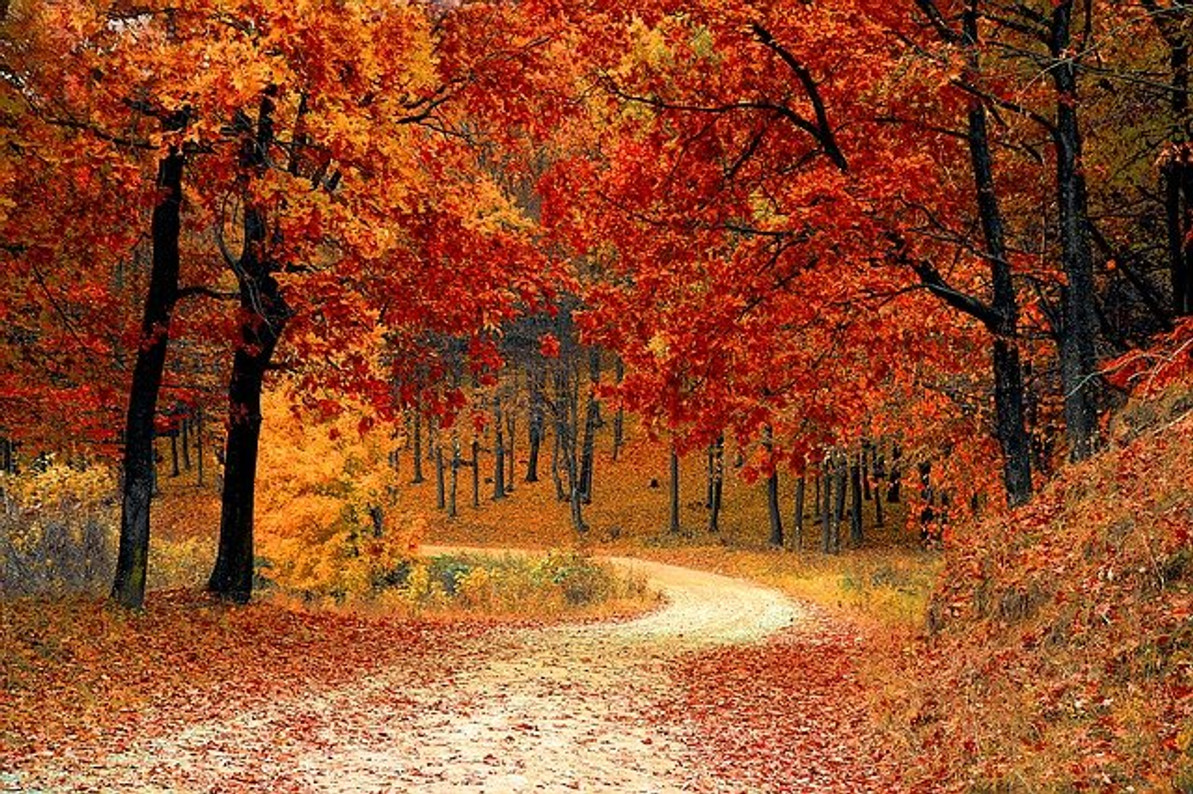5 Safety Hazards to Avoid This Fall Season
The fall season is almost here. On September 22, summer will officially come to an end. As we enter the fall season, you should be cautious of certain safety hazards. While safety hazards aren't limited to any single season, many injuries occur during this time of year. By avoiding the five following safety hazards, you can stay safe this fall season.
#1) Tree Limbs
Tree limbs are a common safety hazard during the fall season. Regardless of where you live, there are probably trees near your home. Storms, of course, can knock dead or otherwise weak tree limbs down. If you or someone else happens to be standing underneath a tree limb when it drops, injury may occur.
#2) Burning Leaves
When walking outside of your home during the fall season, you may discover that your yard is covered in leaves. Most deciduous trees, of course, shed their leaves during this time of year. While some homeowners simply bag the fallen leaves, others burn them. Burning leaves, however, is a safety hazard. Strong winds may send fiery-hot embers to nearby structures. Alternatively, you may accidentally inhale the toxic byproduct gases produced by burning leaves.
#3) Flooded Roads
The fall season is bound to bring rainfall. When driving during this time of year, you should use caution to avoid flooded roads. Statistics show that approximately 88 people in the United States lose their lives annually due to flooding. When driving during the rain, only drive on road surfaces that you can see. If there's water covering a section of road, don't drive on it.
#4) Vitamin D Deficiency
It may sound unusual, but vitamin D deficiency is a common safety hazard during the fall season. The days will essentially become shorter as we get further into the year. With less sunlight -- as well as the cooler temperatures -- you may find yourself spending little or no time outdoors.
#5) Fireplaces
Many homeowners begin using their fireplace during the fall season. While there's nothing wrong with burning wood in your fireplace, you should use caution so that it doesn't pose a safety hazard. The flue damper, for instance, should be open. Using a fireplace with the damper closed will result in smoke accumulating inside of your home. You should also get your fireplace cleaned once a year. A clogged chimney can have a similar effect by preventing smoke from leaving your fireplace.
Recent Posts
-
Fire Safety in the Workplace: What You Need to Know
What steps are you taking to prevent fires in your workplace? According to the U.S. Occupational Saf …Aug 23rd 2023 -
Is It Safe to Go Jogging With a Cold Infection?
If you're suffering from a cold infection, you might be wondering whether it's safe to go jogging. T …Aug 22nd 2023 -
5 Safety Tips to Follow When Using a Powder-Actuated Tool
Powder-actuated tools are commonly used to join materials to steel and concrete. Also known as Hilti …Aug 20th 2023




